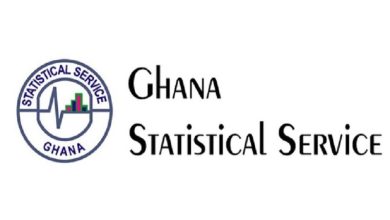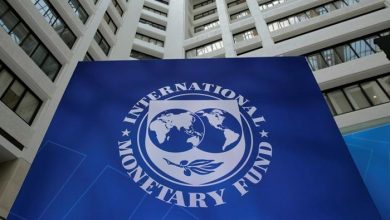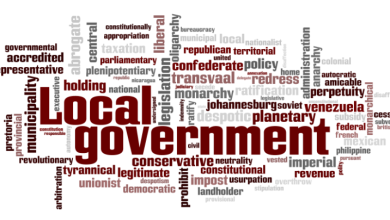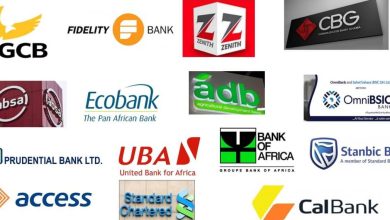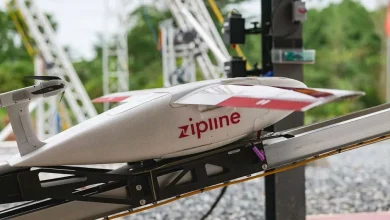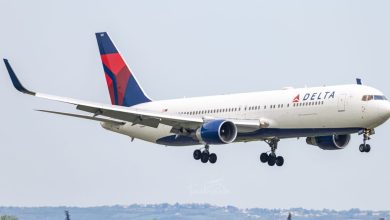Ghana Maintains Steady Cocoa Freight Rates Despite Global Shipping Instability
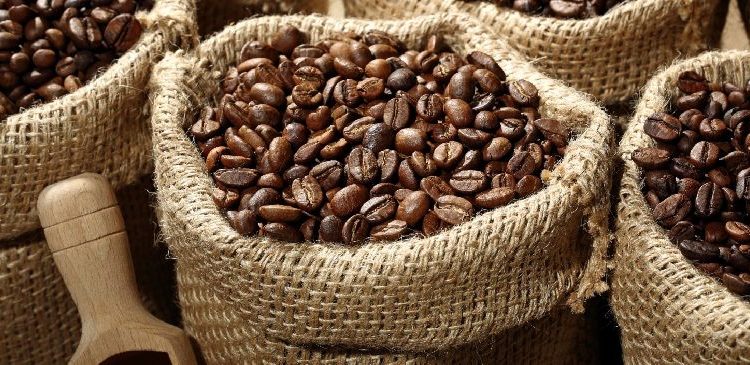
Ghana has secured stable freight rates for its cocoa exports for the 2025/26 crop season after high-level negotiations with major global shipping lines in Rouen, France.
The talks, which brought together the Ghana Shippers’ Authority (GSA), the Cocoa Marketing Company (CMC), and 20 international carriers, are expected to safeguard the country’s export competitiveness at a time of rising global shipping costs and geopolitical uncertainty.
Under the agreement, shipments to the United Kingdom will cost £32 per tonne, northern Europe will pay €56.72 per tonne, and Brazil will be charged US$122.05 per tonne. Long-haul destinations such as Japan were fixed at US$111.39 per tonne, while Mediterranean Europe was agreed at €63.67 per tonne.
All rates include bunker adjustment factors, and payments will be made in US dollars at Reuters exchange rates on the date of shipment.
The Cocoa Freight Negotiations, held annually, have become central to Ghana’s cocoa value chain by providing predictability for shippers and stability for carriers.
Chief Executive of the GSA, Prof. Ransford Gyampo, described the forum as a “strategic space for dialogue and partnership” that has consistently safeguarded Ghana’s cocoa trade.
He further noted that the new agreement comes at a time of considerable change in the maritime industry, adding: “These facilities, together with ongoing automation and the 24-hour port policy, will cut costs, improve turnaround times, and make Ghana’s cocoa trade more competitive.”
Beyond freight charges, Ghana is pushing aggressively into port modernisation and logistics. The second phase of the MPS Terminal at Tema is fully integrated, major upgrades have been completed at Takoradi, and the Boankra Inland Port—currently 80 percent complete—will soon extend services inland to exporters from Ghana’s middle and northern belts and even neighbouring landlocked countries.
Prof. Gyampo also highlighted digitalisation and sustainability as critical to the sector’s future. He said: “With many shipping lines rolling out e-services for documents and Bills of Lading, we must harmonise processes so digital tools are more accessible to small and medium exporters.”
On environmental sustainability, he stressed it was a “non-negotiable pillar,” pointing to Ghana’s Cocoa Traceability System and the International Maritime Organization’s green shipping strategy as evidence of alignment.
For a country that earns more than 70 percent of its foreign exchange from cocoa, freight costs are far from routine. The 2025/26 agreement provides exporters with clarity, secures revenue for government, and keeps Ghana competitive against rivals such as Côte d’Ivoire in global markets.


